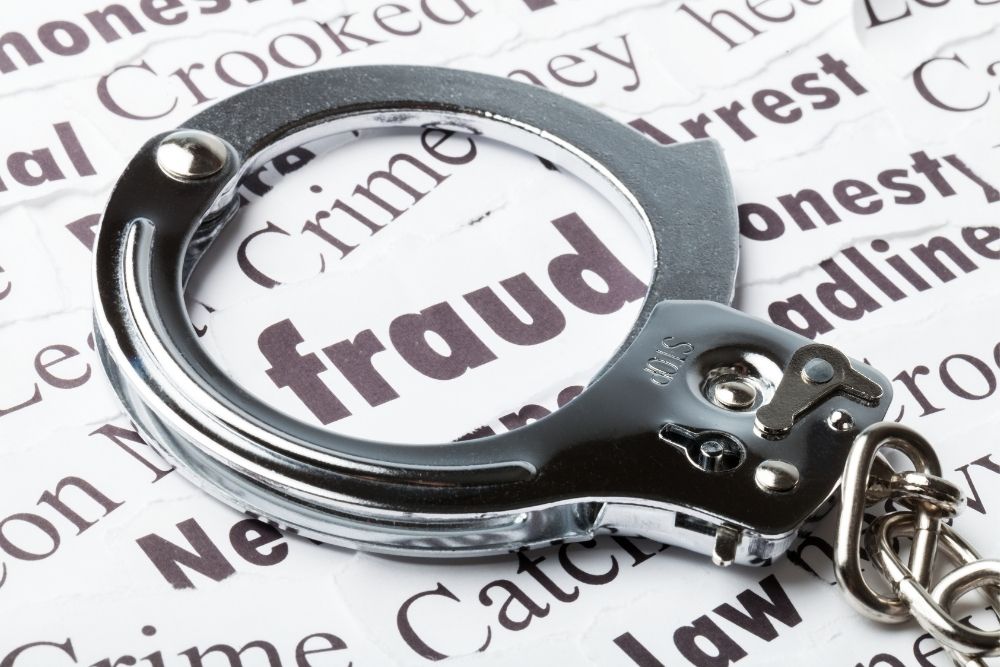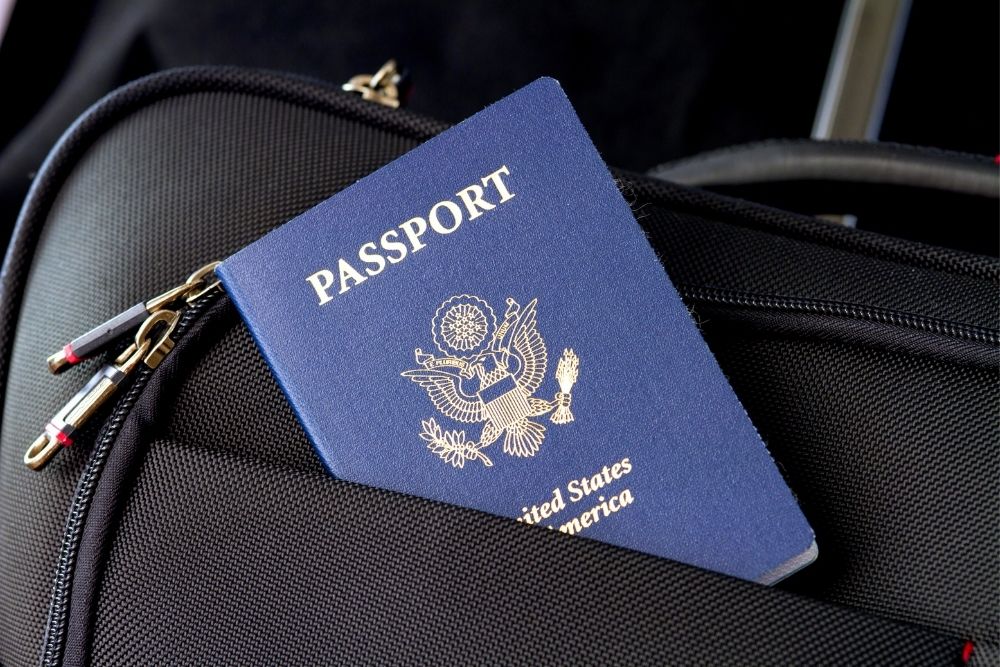Fraud is a crime that is taken seriously by the federal government. The problem is, there isn’t just one type of fraud that can get you into trouble – there are many specific kinds of fraud for which you can be charged, found guilty, and penalized.
A Nigerian man in Texas recently found out just how severely the federal government will punish fraud. He pled guilty to passport fraud, since he had falsely claimed to be a United States citizen.
On top of that, he also pled guilty to his roles in wire fraud he perpetrated while falsely applying for Payment Protection Program loans through the government. He received over $1 million Payment Protection Program loans that were patently fraudulent. He was sentenced to 46 months in prison and must pay over $1 million in restitution.
Of course, it’s not only non-U.S. citizens who need to be cautious about the crimes of passport fraud and wire fraud. Here’s what you need to know regarding these offenses, including how they’re perpetrated and what kind of penalties can result if you are convicted.
Passport Fraud: What Is It?
Passports are issued to citizens by the federal government. Committing fraud in relation to one is not something the government takes lightly.
You may be thinking that they’re on the look-out for a non-citizen trying to get a U.S. Passport, but the truth is that even those who are lawful American citizens can be charged with passport fraud – and there are several ways this offense is typically committed.
Passports are incredibly secure documents. They have a myriad of security features and also contain a microchip that has biographical data on it. When an immigration officer screens a passport, it is scanned electronically to make sure the photo matches the one on the chip.
Because of these technological advances, it’s very hard to use a passport that has been physically altered in one way or another. Therefore, one of the most common ways a person commits passport fraud is by using other people’s passports – like sharing between people who look similar. Often, these passports are borrowed from family members or even stolen.
Another type of common passport fraud is one that takes place during the application for the passport itself. Some people who are seeking fraudulent passports use a fake driver’s license or other fake documents to get a passport. When the Department of State checks their database, they may find that the passport application is not real.
Finally, some people may forge signatures or use fraud to circumvent certain imperatives, like the requirement of both parents to sign a passport application for anyone under the age of 16.
Passport Fraud: The Penalties
As mentioned, passport fraud is taken very seriously by the federal government. For the first offense, for an action like lying on a passport application, you can serve as many as 10 years in prison and pay fines up to $250,000.
If the fraud is somehow connected to trafficking drugs, then you can spend as many as 20 years behind bars. For international terrorism connections, that can go up to 25 years. If you are not a U.S. citizen, passport fraud can mean you are ineligible for citizenship.
Wire Fraud
In the case mentioned at the beginning, the man plead guilty to wire fraud in relation to PPP loans. These loans were part of the CARES Act passed in March of 2020 to help businesses with their payroll as they were being impacted by the COVID pandemic. The government is aggressively prosecuting those who attempted to defraud the loan program.
Lying on a loan application for the program is a fraud, but wire fraud specifically occurs when someone attempts to or engages in a scheme to defraud the government through the use of wire communications.
These communications include the internet, phones, radio, or even television communication. PPP loans are funded through federal wire transfers to the bank of the person on the loan application, which is why wire fraud is often a charge in these cases.
The Penalty for Wire Fraud
These days, it can be easy to prove wire fraud with the use of the internet and other online tools so rampant in fraud schemes. If you are convicted of wire fraud, you can face a term of as many as 30 years in prison. You also may be assessed a $1 million fine.
Fraud is serious, especially when it is perpetrated against the federal government. It’s best if you can avoid any scheme that would have you committing any type of fraud.






